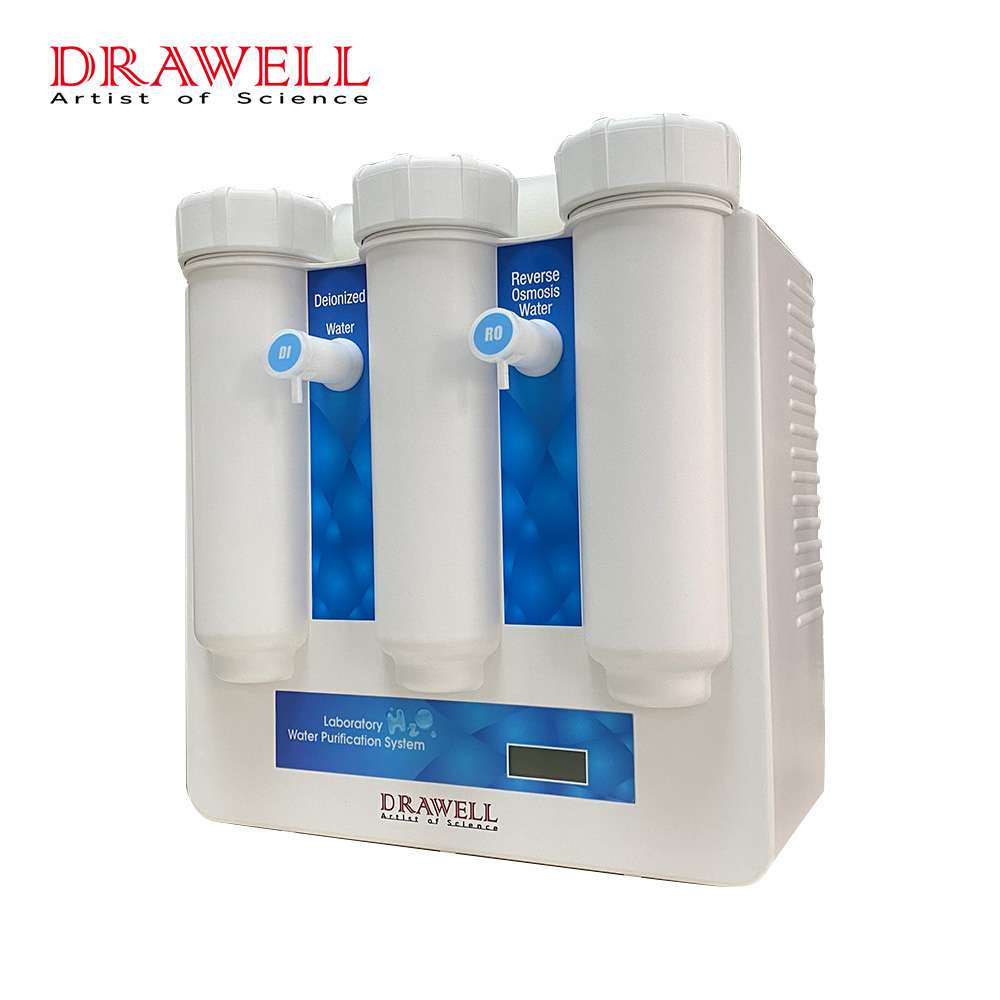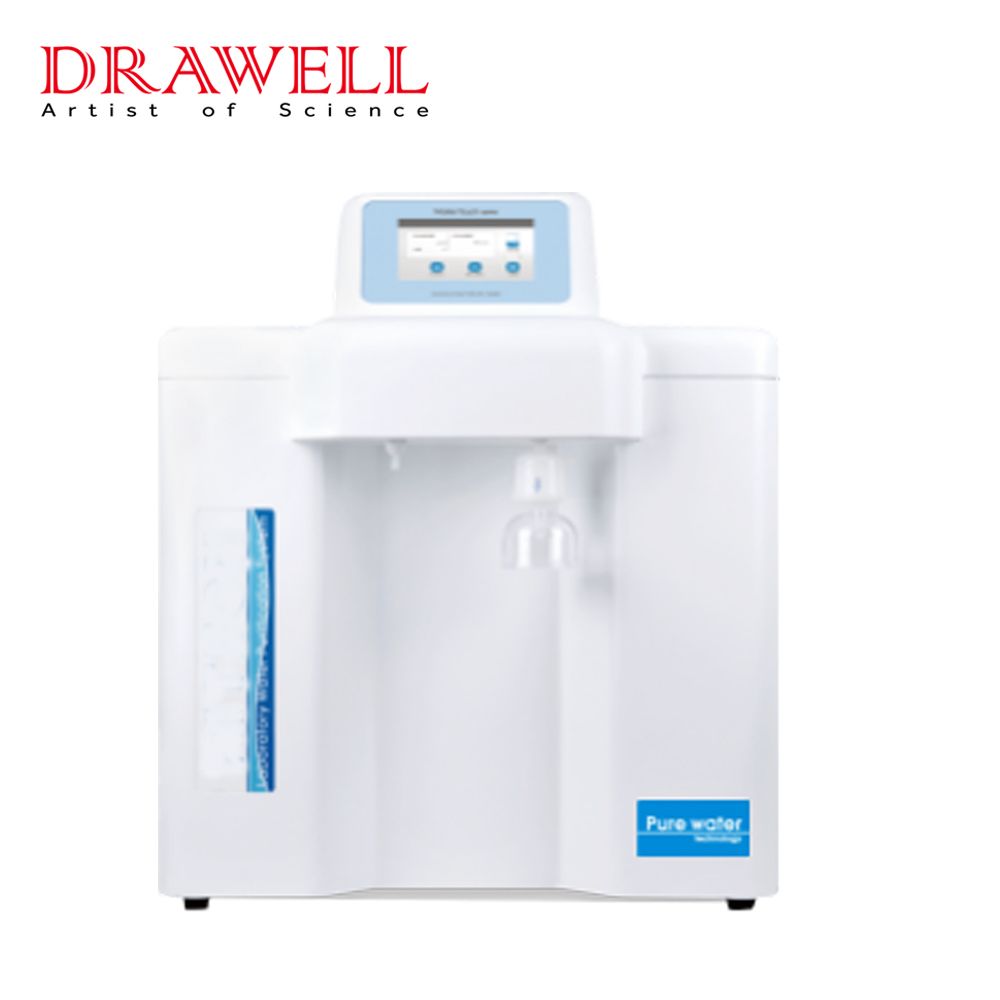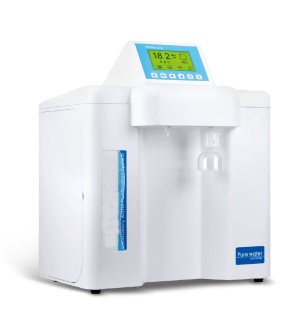Water is essential for life, but it is not always pure. Tap water can contain impurities such as bacteria, viruses, chemicals, and heavy metals. These impurities can be harmful to health, and they can also interfere with scientific experiments and medical procedures.
Laboratory water purification systems and smart water filtration systems are used to remove impurities from water. These systems use a variety of methods to purify water, including distillation, reverse osmosis, ion exchange, ultrafiltration, and nanofiltration.

What are the Types of Laboratory Water Purification Systems?
There are several different types of laboratory water purification systems, each with its own advantages and disadvantages.
- Distillation: This is the most common type of laboratory water purification system. It works by boiling water and then condensing the steam, which leaves behind impurities. Distillation is a very effective way to purify water, but it is also the most expensive.
- Reverse osmosis: This system uses a semi-permeable membrane to remove impurities from water. Reverse osmosis is a very effective way to purify water, and it is also relatively affordable.
- Ion exchange: This system uses resins to exchange ions in water. Ion exchange is a good way to remove specific impurities from water, such as hardness minerals.
- Ultrafiltration: This system uses a membrane to remove particles from water. Ultrafiltration is a good way to remove bacteria and viruses from water.
- Nanofiltration: This system is a type of ultrafiltration that uses a smaller membrane. Nanofiltration is a good way to remove small molecules from water, such as dissolved organic matter.
What are the Types of Smart Water Filtration Systems?
There are also several different types of smart water filtration systems, each with its own advantages and disadvantages.
- Carbon filters: These filters use activated carbon to remove impurities from water. Carbon filters are a good way to remove chlorine, taste, and odor from water.
- Reverse osmosis: This system is the same as the reverse osmosis system used in laboratory water purification systems. Reverse osmosis smart water filtration systems are a good way to remove a wide range of impurities from water.
- Ultraviolet filtration: This system uses ultraviolet light to kill bacteria and viruses in water. Ultraviolet filtration smart water filtration systems are a good way to ensure that water is safe to drink.
- Ion exchange: This system is the same as the ion exchange system used in laboratory water purification systems. Ion exchange smart water filtration systems are a good way to remove specific impurities from water, such as hardness minerals.

Comparison of Laboratory Water Purification Systems and Smart Water Filtration Systems
Laboratory water purification systems and smart water filtration systems have different strengths and weaknesses. Laboratory water purification systems are more effective at removing impurities, but they are also more expensive and require more maintenance. Smart water filtration systems are less effective at removing impurities, but they are more affordable and easier to maintain.
Purity of water: Laboratory water purification systems produce water that is much purer than smart water filtration systems. This is because laboratory water purification systems use more rigorous purification methods.
Cost: Laboratory water purification systems are more expensive than smart water filtration systems. This is because laboratory water purification systems are more complex and require more specialized equipment.
Maintenance: Laboratory water purification systems require more maintenance than smart water filtration systems. This is because laboratory water purification systems are more complex and are more likely to get clogged.
Ease of use: Smart water filtration systems are easier to use than laboratory water purification systems. This is because smart water filtration systems are typically self-cleaning and do not require as much manual intervention.
Conclusion
The best type of water purification system for you will depend on your specific needs. If you need the highest purity of water, then a laboratory water purification system is the best option. If you are looking for a more affordable and convenient option, then a smart water filtration system may be a better choice.

